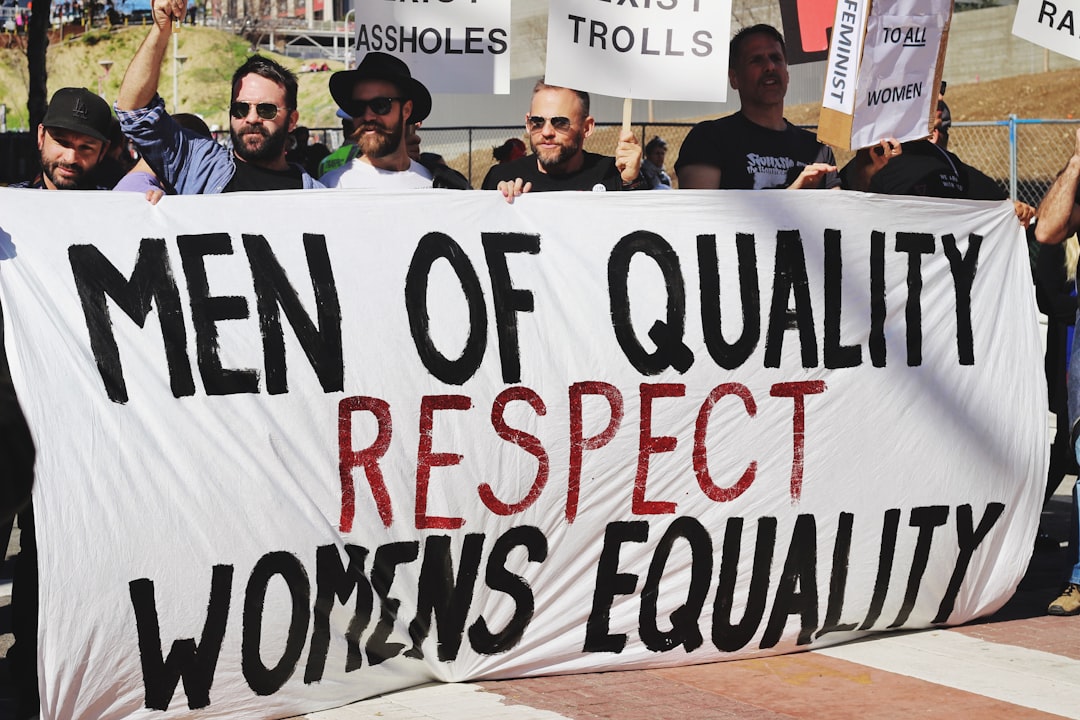What is it about?
This article examines who among South Africans is more likely to oppose immigrants and foreigners. It draws on broad insights established in Western countries, and applies these theories to South Africa. The data come from the 2013 SASAS and the 2013 WVS. In line with research on Western countries, we find an association between individual personality and differences in attitudes. People in positions they perceive as vulnerable and those who do not have access to personal support are more likely to oppose immigrants. I conclude that research on attitudes to immigrants and foreigners appears to generalize to non-Western contexts.
Featured Image

Photo by pixpoetry on Unsplash
Why is it important?
The literature on attitudes to foreigners focuses on Western countries. By testing the theories in a different context, we can ascertain that they are more widely valid.
Perspectives
I got motivated to work on this topic because I could not believe the many commentators on xenophobia in South Africa who suggested that xenophobia is so widespread that we cannot discern patterns. I quickly realized that simply taking the same regression model from Western countries and apply it to South Africa might not work because the concepts the literature suggests are important may require different variables. In the end, South Africa does not appear to be such a special place when it comes to attitudes to foreigners.
Didier Ruedin
Universite de Neuchatel
Read the Original
This page is a summary of: Attitudes to immigrants in South Africa: personality and vulnerability, Journal of Ethnic and Migration Studies, January 2018, Taylor & Francis,
DOI: 10.1080/1369183x.2018.1428086.
You can read the full text:
Resources
Contributors
The following have contributed to this page










